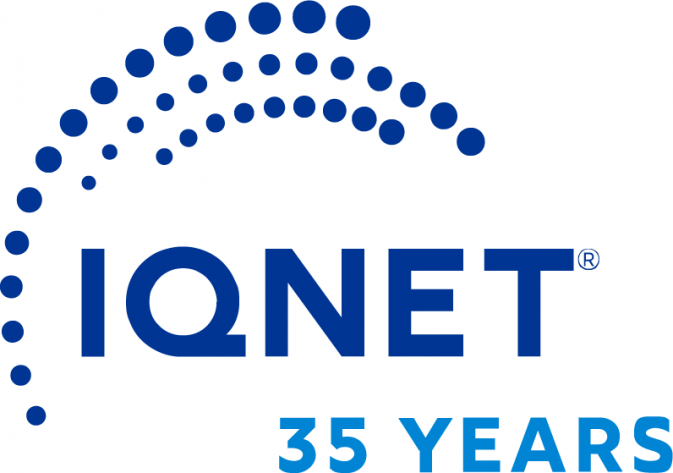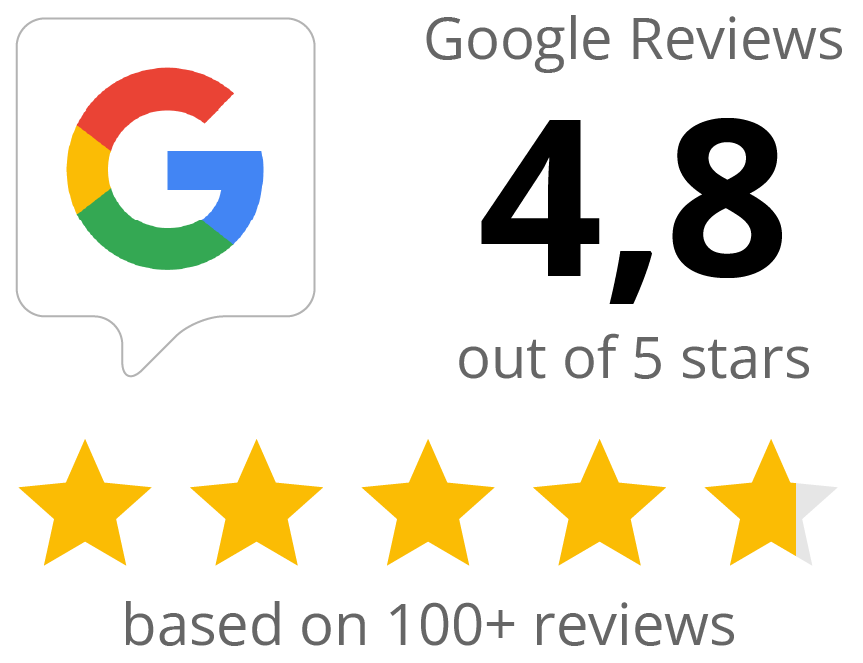Credible through accredited certification
As a Swiss pioneer for ISO certifications, the not-for-profit organisation SQS is and remains the first choice. Thanks to state accreditation for the most important standards and norms, we give your company the necessary credibility and accompany you on the way to continuous improvement and sustainable corporate governance.
20 000+
Active certificates

10+ years
Average customer relationship

350+
Qualified auditors

ISO certifications
The four pillars of success
Internationally recognized and used in hundreds of thousands of companies worldwide: the management systems of the main ISO standards. Whether used individually or as an integrated management system, ISO standards are the standard for all those who value quality, clear processes, and responsibility.
Quality
The globally recognized ISO 9001 standard forms the basis for effective quality management. It enables companies to continuously improve by optimizing processes and sustainably increasing customer satisfaction.
Environnement
ISO 14001 is the leading standard for environmental management. It helps companies to manage environmental aspects, increase efficiency and operate sustainably. A valuable basis for your long-term environmental strategy.
Occupational health & safety
ISO 45001 sets the standard for occupational health and safety management. This standard helps you to minimise risks, meet legal requirements and increase employee satisfaction.
Information security
ISO/IEC 27001 is the international standard for information security management. It helps companies to systematically protect data, reduce risks and strengthen the trust of customers and partners.
News
Revisions of ISO 9001 and ISO 14001
01.11.2025
The International Organisation for Standardisation (ISO) will publish a revised version of ISO 9001:2015 and ISO 14001:2015 in 2026. These standards form the basis for the quality and environmental management in millions of organisations worldwide. We will keep you informed about the changes that are expected and what you should pay attention to.
35 Years of IQNET
01.09.2025
IQNET celebrates its 35th anniversary: congratulations! SQS is founding member and the exclusive partner of IQNET in Switzerland, the largest global network for strict and credible management system certifications. This partnership enables us to certify your company worldwide.

Sustainability and reporting
Tools for new challenges
Swiss companies, and SMEs in particular, are required to take measures to promote sustainability. SQS supports you in improving, evaluating and reporting.
The simple tool for SMEs
esg2go is an intuitive tool that enables SMEs to capture ESG data and create recognised sustainability reporting. Verified by SQS, it increases your credibility with partners and investors.
The standard for integrated sustainability management
Sustainability Performance Standard (SPS)
The practical, cost-effective solution that future-proofs your sustainability management according to your needs.
Trust in proven quality
Find out more about our accreditations, which make your certifications recognized and trusted worldwide.





















